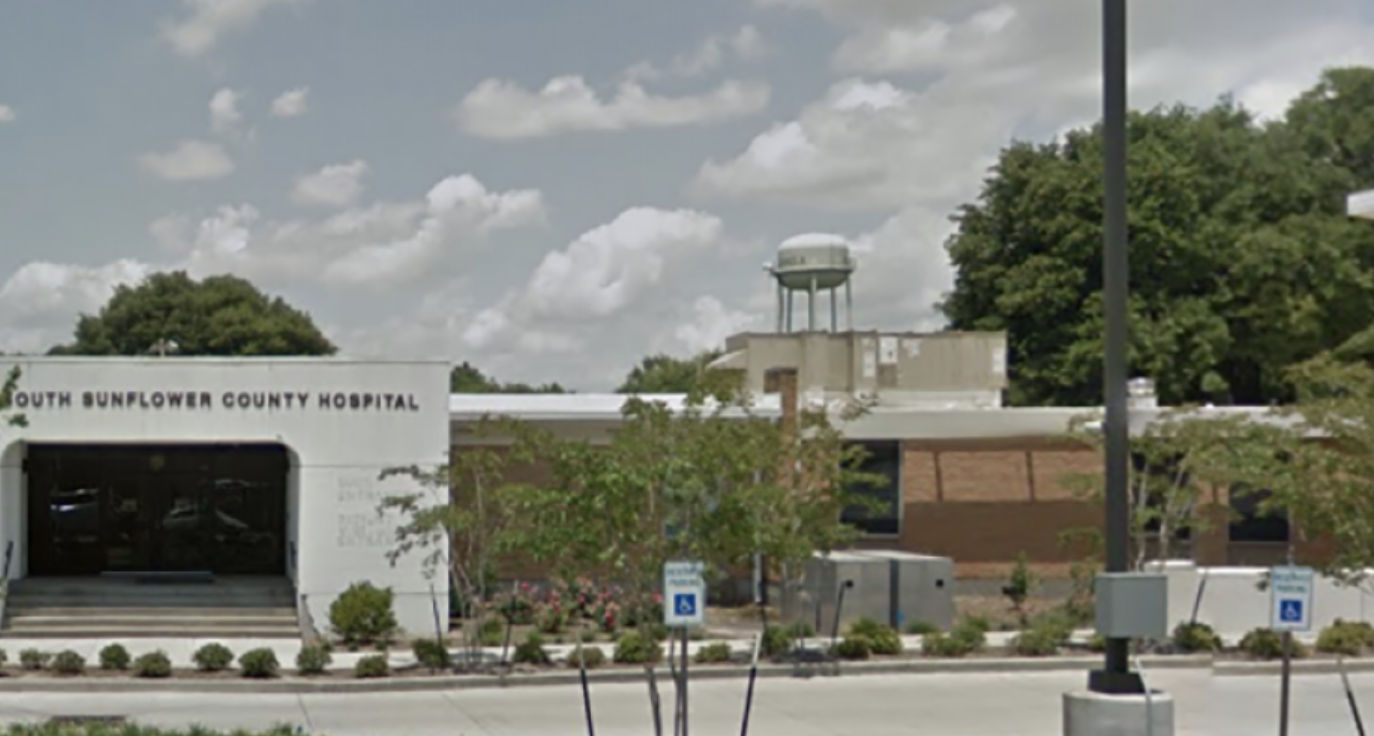
By Maria Nikol
As our network grows, so does its value. Aledade’s growth is a learning process, and as we help primary care practices understand how to thrive in a value-based health care system, we continue to learn about the real-world issues that primary care doctors encounter, what they need to deliver the highest quality care, and what our 200 like-minded primary care practices across 15 states can learn from their peers.

This is an important strength of Aledade’s primary care physician-led ACOs. While there is no one-size-fits all solution to improve primary care, we have experience developing and implementing strategies that work across a diverse group of practices. Each independent practice faces its own unique set of challenges – whether driven by geographic, patient population, technology, or policy factors. But, between Aledade’s team, experience, and network of partner practices, together we can empower the delivery of high-quality, coordinated care.
Two members of the Aledade Mississippi ACO (which also includes practices in Tennessee) are leading examples of innovating solutions to their particularly challenging conditions. In both cases, the Mississippi practices have developed successful approaches to Transitional Care Management (TCM). These are valuable solutions as TCM is an effective way to lower hospital readmissions, hospitalization rates, and identify patients needing additional attention. In fact, Aledade has found that for every eight high risk patients who receive TCM, practices can prevent one readmission.
The foundation of TCM is knowing when patients are admitted to and discharged from local hospitals. And one of the easiest ways to acquire that information is through electronic admission, discharge, transfer (ADT) notifications via health information exchanges (HIEs) or from hospitals directly. The Aledade Mississippi ACO has experienced numerous challenges getting electronic ADT data from local hospitals, but the ACO practices haven’t let this technical hurdle stop them. Several practices have adopted their own method of getting critical ADT data in order to implement TCM.
The Indianola Family Medical Group has provided care to patients in Indianola and the South Sunflower County area for over 60 years. In order to get the information they need, Indianola sources directly from the local hospital’s EHR. The practice staff can log-in directly to the hospital’s system and identify which of their patients received care, why the patient was at the hospital, and when the patient was discharged.
Each and every morning, at the same time, their care manager conducts her TCM calls to patients. Indianola has had great success with TCM because, as the care manager describes, “it’s like starting a cup of coffee in the morning.” It’s the first thing she does when she arrives at 8:00am. And, since implementing this TCM process, it has become a tool for identifying patients for Chronic Care Management (CCM). Identifying patients who need a TCM visit, or should be enrolled in the CCM program, is a great way to improve patient health and reduce health care costs.
Kosciusko Medical Clinic has also found a way to coordinate with its local hospital to get the patient data it needs for TCM. However, whereas Indianola used the hospital’s technology to access data, Kosciusko has enlisted their own office support staff. Every day – at least once – a practice employee picks up the paper discharge records from the hospital and walks them across the street to Kosciusko’s desk staff. Originally, the practice only got the triage sheet, limited to names of patients who were discharged, but now they receive a more comprehensive record with the full who, what, when, and why information on their patients who sought care at the ER or were admitted to the hospital.
Kosciusko’s team of care managers uses this information to conduct their TCM outreach every day. The practice brought on a nurse care manager to support each of its providers. This has resulted in a successful work flow to identify high-risk patients who need TCM, and others who should be prioritized for care.
Aledade is proud to help leading primary care practices – like Indianola and Kosciusko – design and utilize the unique solutions they need to deliver high-quality care. It’s entrepreneurial primary care practices like these that join and are successful in Aledade ACOs – helping transform primary care to deliver better care at lower costs.
